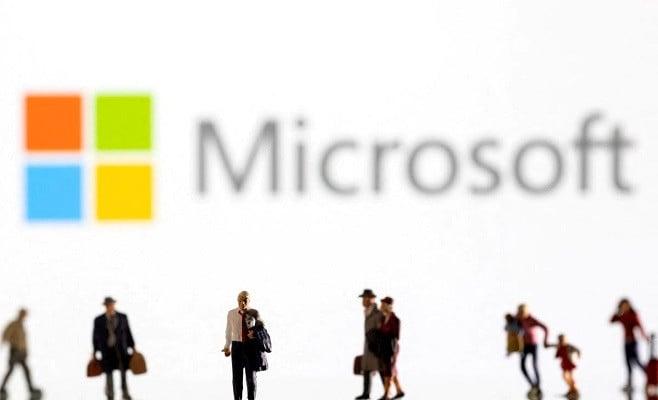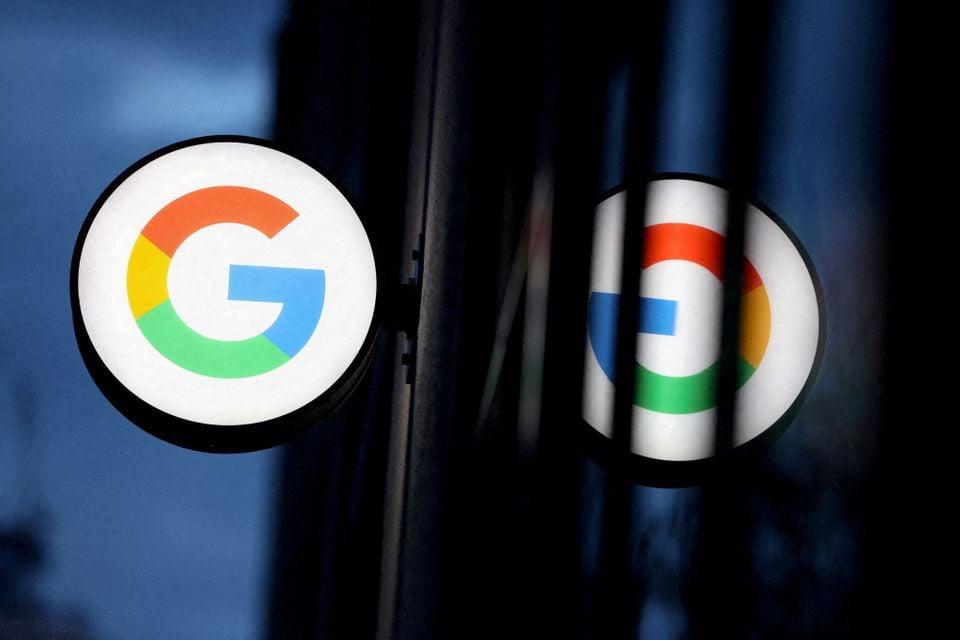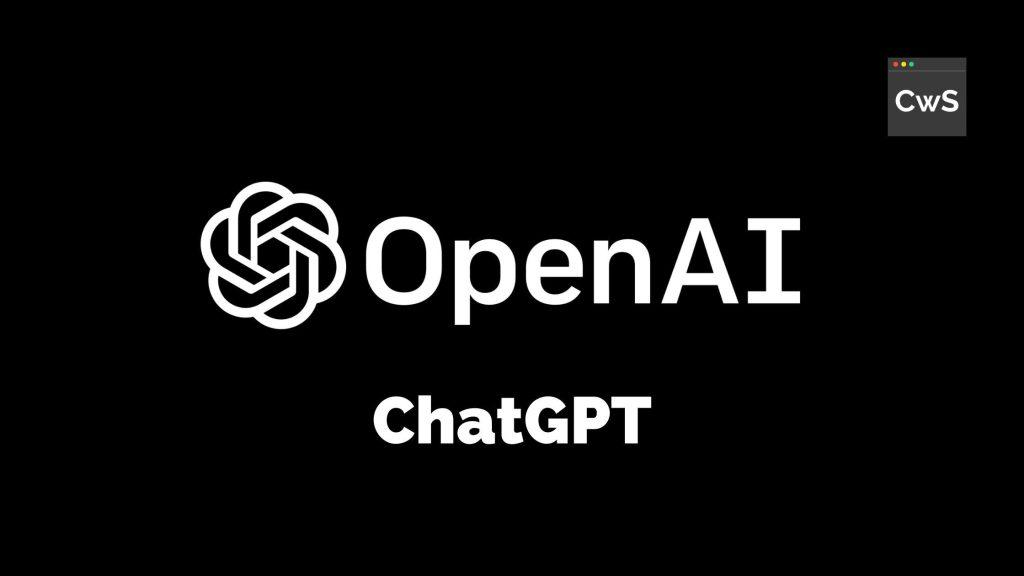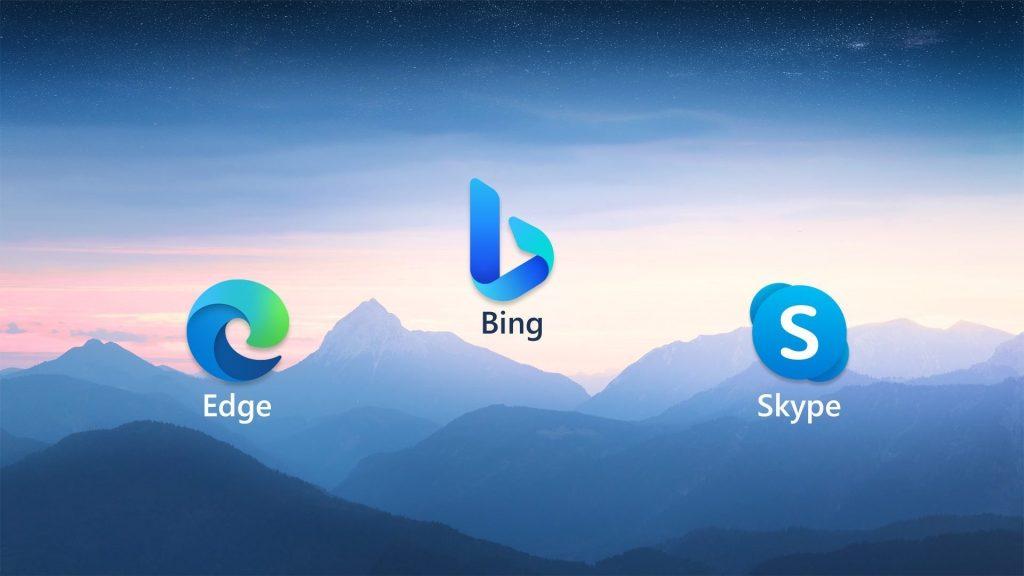Meta, the parent company of Facebook and Instagram, has recently uncovered networks pushing deceptive content believed to be generated by artificial intelligence (AI). This revelation sheds light on the evolving tactics used by malicious actors to spread misinformation and manipulate online discourse.
According to Meta’s findings, these networks have been using AI-generated content to deceive users, with examples including comments praising Israel’s handling of the conflict in Gaza. The deceptive content was attributed to a Tel Aviv-based political marketing firm named STOIC. Meta’s quarterly security report indicates that these accounts impersonated various individuals, such as Jewish students and African Americans, in an attempt to target audiences primarily in the United States and Canada.
While Meta has previously encountered AI-generated profile photos, this report marks the first time text-based generative AI technology has been identified in deceptive online activities. This development raises concerns among researchers about the potential for AI to facilitate more sophisticated disinformation campaigns, which could have significant implications for public discourse and even elections.
Despite the emergence of these new AI-driven tactics, Meta executives have stated that their ability to detect and mitigate such deceptive content remains robust. However, they acknowledge the need for continued vigilance and adaptation to effectively combat evolving threats in the digital landscape.
Meta’s efforts to identify and address networks pushing deceptive content underscore the ongoing challenges faced by tech companies in maintaining the integrity of their platforms and protecting users from harmful misinformation. As technology evolves, it is crucial for platforms like Facebook and Instagram to stay ahead of malicious actors and safeguard the trust and safety of their user communities.














